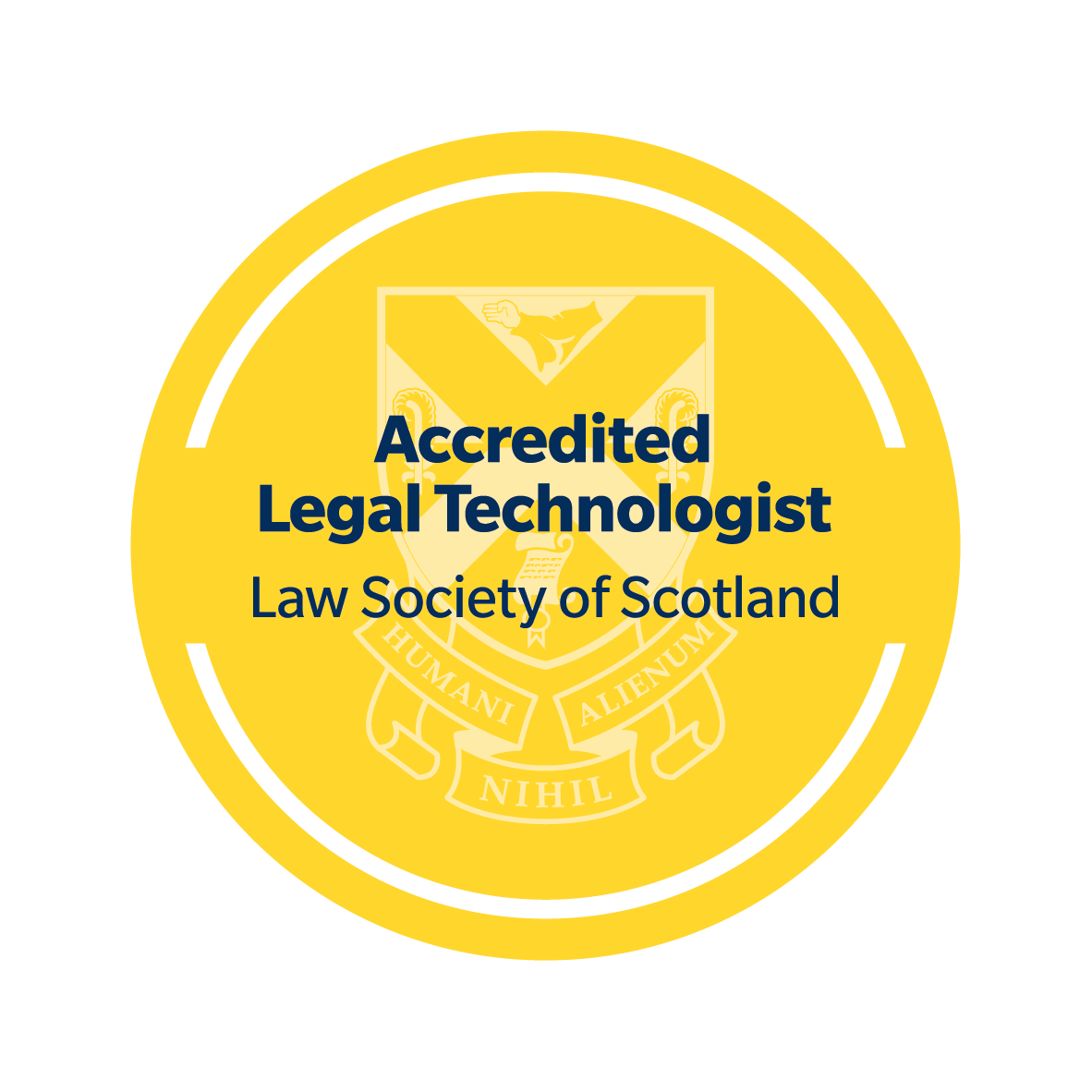Written by:

Grant Yuill
Head of Marketing & Customer Engagement
Legal AI can be a valuable tool for legal professionals. But, like any great tool, it takes time to learn how to use it well. To make AI prompts that provide you with the information you need as quickly as possible, you need to understand how AI works and what it can’t do. Let’s take a look at what strong AI prompts look like.
What does “prompt” mean?
A prompt is a question that you ask a legal AI assistant to direct it to the exact information or assistance you need. The clarity and precision of your prompt have a direct impact on the AI’s ability to understand what you need and provide accurate, targeted responses, especially when using tools like ChatGPT.
Understanding AI Prompts in the Legal Context
An AI prompt is essentially a command or query that you provide to an AI tool to direct the output it generates. Some examples of these prompts are “Summarise this case law in simple terms” and “Write a letter to a client about a corporate dispute case in [Jurisdiction].”
There is a direct correlation between the level of information and clarity of your AI prompt and the precision and relevance of the response.
Legal AI tools, when used properly, have the potential to assist you in a variety of ways in your work. It can help you find and summarise important case law, draft legal documents which comply with the rules of your jurisdiction, and explain complicated legal issues in simple words that your clients will understand. Therefore, these tools are valuable in modern legal practice because they are able to assess contracts in order to identify possible risks and offer legal strategies or procedural measures.
Why Strong Prompts Are Essential for Legal AI
When it comes to general use, a prompt that is too unclear could merely be a waste of your time. In the field of law, it has the potential to pose a risk. A poor AI prompt may result in the following: ineffective outputs from large language models.
- Incomplete information like missing vital clauses or laws
- Jurisdictional errors like citing cases from the wrong region
- Inaccurate summaries like misinterpreting statutes or rulings
These risks are reduced by a powerful prompt, which provides the AI tool with sufficient context to produce findings that are accurate, relevant, and compliant. When you use AI for sensitive legal work such as drafting pleadings, creating contracts, or analysing case precedent, this is a very crucial note to keep in mind.
The CLEAR Framework for Better Prompts
Context: Begin by defining the legal issue or activity at hand clearly and concisely. Make sure your question is specific to the situation.
Lucid: Always ask your question simply and concisely. It is best to avoid merging multiple questions that are specific but connected within the same context into a single lengthy prompt if you have multiple questions that are related to one another. Instead, divide them into individual questions during the conversation. To ensure that you receive all of the answers you need. This strategy maintains clarity and concentration on each question.
Explicit: Give the AI instructions on how you would like it to respond to you. What would be the optimum output or format? A case summary, an email, a letter, or a template are all examples of outputs that you should request at the very start of the prompt.
Assume less: Think about the context and specifics that might influence the response, just as you would provide background information to a colleague who was not familiar with the case. Your comment will be more accurate and helpful if you provide a more comprehensive picture of the situation.
Reiterate: Your prompt should be adjusted to make it more explicit if necessary. Experimenting with a new language or adding follow-up questions are both options that can be used to enhance the results. You might, for instance, ask for relevant case law, a bullet-point summary, an email draft for a colleague, the substitution of placeholders with your own facts, or a tone adjustment to be more polite, professional, or direct. This would be done after you have asked an initial legal question.
How Denovo Fits into the Equation
While it is important to have the skill to write more powerful prompts, it is just as important to have the ability to execute them. Denovo can bridge the gap between theory and results in this particular instance.
Denovo has a legal AI platform designed to meet the needs of lawyers, law firms, and legal professionals. It was developed with AI technologies that can reply more effectively to structured prompts for tasks such as:
- Automated legal research that cites the right jurisdiction
- Document drafting with compliance safeguards
- Case law analysis tailored to your area of practice
- Legal workflow automation for repetitive tasks
Denovo enhances your AI prompt engineering skills because the platform is intended to interpret and execute legal-specific commands more effectively than general-purpose AI tools. What is the result? Outputs that are faster, more dependable, and more compliant, which save time and prevent legal departments from having to spend hours on manual labour.
The Future of Legal AI and Prompt Engineering Mastery
The future of legal services lies in the intelligent partnership of humans and machines, particularly through the use of AI solutions. In the future, when artificial intelligence technologies continue to progress, lawyers who are able to craft AI prompts that are strategic and focused will have a huge advantage in the legal industry.
You can achieve the following by becoming an expert in AI prompt engineering and making use of technologies like as Denovo:
- Improve productivity without losing quality.
- Reduce time spent on research and drafting.
- Reduce compliance risks
- Provide clients with faster, clearer, and more accurate legal information.
In short, prompt mastery is no longer an option; it is the new legal skill set.
The above are helpful for artificial intelligence in general; nevertheless, not all AI is the same. Although generic artificial intelligence systems are efficient, they often fail to provide the level of relevance that is required for your particular geographical location or field of law, nor do they provide transparency on the resources that are referenced.
Improve your legal practice using Denovo’s Smart AI Tools
Are you ready to transform your legal practice with more intelligent AI prompts? Find out how the LawY, offered by Denovo may help you speed up your legal research, improve your accuracy, and save you significant time; start your journey today.















